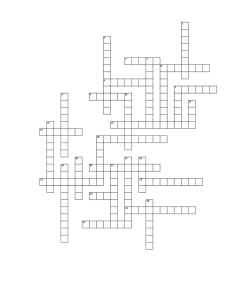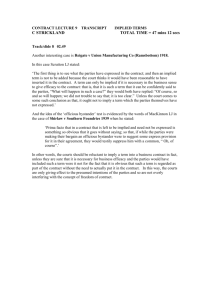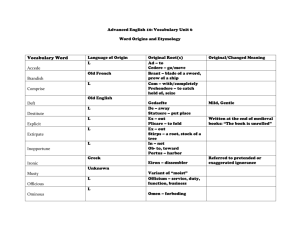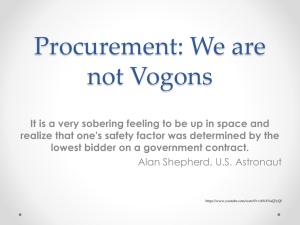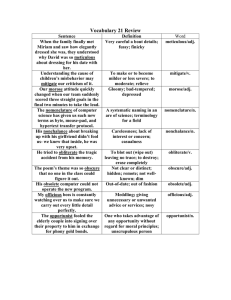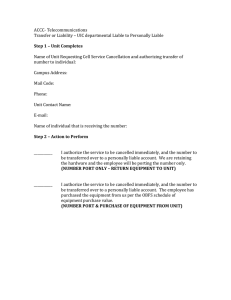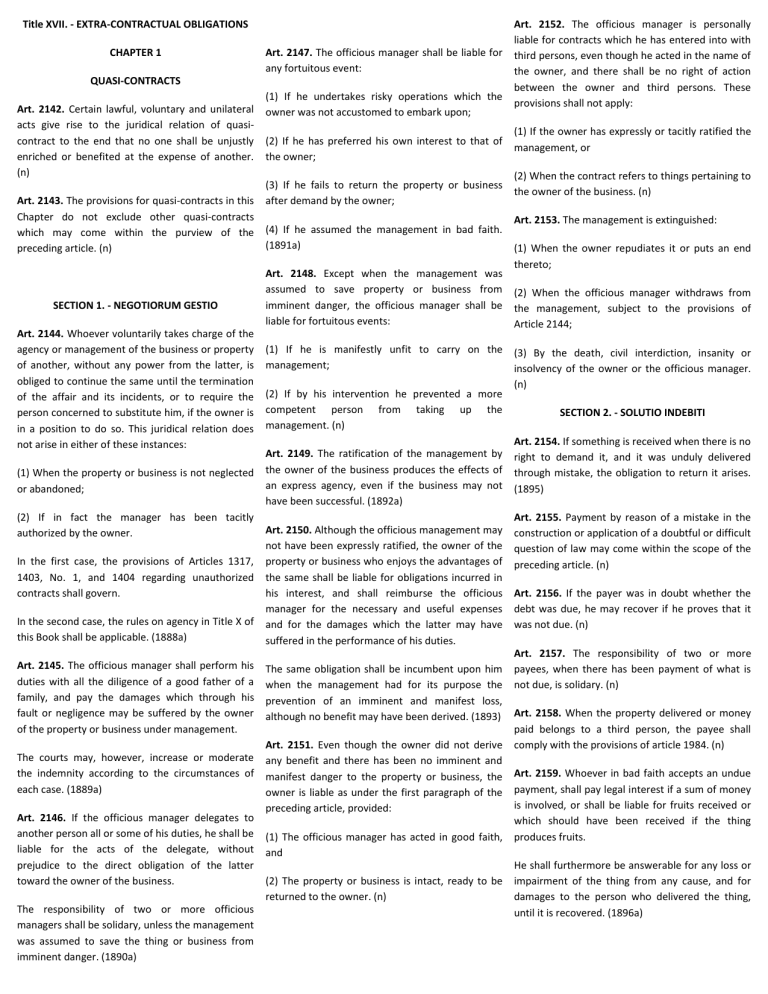
Title XVII. - EXTRA-CONTRACTUAL OBLIGATIONS CHAPTER 1 Art. 2147. The officious manager shall be liable for any fortuitous event: QUASI-CONTRACTS Art. 2142. Certain lawful, voluntary and unilateral acts give rise to the juridical relation of quasicontract to the end that no one shall be unjustly enriched or benefited at the expense of another. (n) Art. 2143. The provisions for quasi-contracts in this Chapter do not exclude other quasi-contracts which may come within the purview of the preceding article. (n) SECTION 1. - NEGOTIORUM GESTIO Art. 2144. Whoever voluntarily takes charge of the agency or management of the business or property of another, without any power from the latter, is obliged to continue the same until the termination of the affair and its incidents, or to require the person concerned to substitute him, if the owner is in a position to do so. This juridical relation does not arise in either of these instances: (1) When the property or business is not neglected or abandoned; (2) If in fact the manager has been tacitly authorized by the owner. In the first case, the provisions of Articles 1317, 1403, No. 1, and 1404 regarding unauthorized contracts shall govern. In the second case, the rules on agency in Title X of this Book shall be applicable. (1888a) (1) If he undertakes risky operations which the owner was not accustomed to embark upon; (2) If he has preferred his own interest to that of the owner; (3) If he fails to return the property or business after demand by the owner; (4) If he assumed the management in bad faith. (1891a) Art. 2148. Except when the management was assumed to save property or business from imminent danger, the officious manager shall be liable for fortuitous events: (1) If he is manifestly unfit to carry on the management; (2) If by his intervention he prevented a more competent person from taking up the management. (n) Art. 2149. The ratification of the management by the owner of the business produces the effects of an express agency, even if the business may not have been successful. (1892a) Art. 2150. Although the officious management may not have been expressly ratified, the owner of the property or business who enjoys the advantages of the same shall be liable for obligations incurred in his interest, and shall reimburse the officious manager for the necessary and useful expenses and for the damages which the latter may have suffered in the performance of his duties. Art. 2145. The officious manager shall perform his duties with all the diligence of a good father of a family, and pay the damages which through his fault or negligence may be suffered by the owner of the property or business under management. The same obligation shall be incumbent upon him when the management had for its purpose the prevention of an imminent and manifest loss, although no benefit may have been derived. (1893) The courts may, however, increase or moderate the indemnity according to the circumstances of each case. (1889a) Art. 2151. Even though the owner did not derive any benefit and there has been no imminent and manifest danger to the property or business, the owner is liable as under the first paragraph of the preceding article, provided: Art. 2146. If the officious manager delegates to another person all or some of his duties, he shall be liable for the acts of the delegate, without prejudice to the direct obligation of the latter toward the owner of the business. The responsibility of two or more officious managers shall be solidary, unless the management was assumed to save the thing or business from imminent danger. (1890a) (1) The officious manager has acted in good faith, and (2) The property or business is intact, ready to be returned to the owner. (n) Art. 2152. The officious manager is personally liable for contracts which he has entered into with third persons, even though he acted in the name of the owner, and there shall be no right of action between the owner and third persons. These provisions shall not apply: (1) If the owner has expressly or tacitly ratified the management, or (2) When the contract refers to things pertaining to the owner of the business. (n) Art. 2153. The management is extinguished: (1) When the owner repudiates it or puts an end thereto; (2) When the officious manager withdraws from the management, subject to the provisions of Article 2144; (3) By the death, civil interdiction, insanity or insolvency of the owner or the officious manager. (n) SECTION 2. - SOLUTIO INDEBITI Art. 2154. If something is received when there is no right to demand it, and it was unduly delivered through mistake, the obligation to return it arises. (1895) Art. 2155. Payment by reason of a mistake in the construction or application of a doubtful or difficult question of law may come within the scope of the preceding article. (n) Art. 2156. If the payer was in doubt whether the debt was due, he may recover if he proves that it was not due. (n) Art. 2157. The responsibility of two or more payees, when there has been payment of what is not due, is solidary. (n) Art. 2158. When the property delivered or money paid belongs to a third person, the payee shall comply with the provisions of article 1984. (n) Art. 2159. Whoever in bad faith accepts an undue payment, shall pay legal interest if a sum of money is involved, or shall be liable for fruits received or which should have been received if the thing produces fruits. He shall furthermore be answerable for any loss or impairment of the thing from any cause, and for damages to the person who delivered the thing, until it is recovered. (1896a) Art. 2160. He who in good faith accepts an undue payment of a thing certain and determinate shall only be responsible for the impairment or loss of the same or its accessories and accessions insofar as he has thereby been benefited. If he has alienated it, he shall return the price or assign the action to collect the sum. (1897) Art. 2161. As regards the reimbursement for improvements and expenses incurred by him who unduly received the thing, the provisions of Title V of Book II shall govern. (1898) Art. 2162. He shall be exempt from the obligation to restore who, believing in good faith that the payment was being made of a legitimate and subsisting claim, destroyed the document, or allowed the action to prescribe, or gave up the pledges, or cancelled the guaranties for his right. He who paid unduly may proceed only against the true debtor or the guarantors with regard to whom the action is still effective. (1899) Art. 2163. It is presumed that there was a mistake in the payment if something which had never been due or had already been paid was delivered; but he from whom the return is claimed may prove that the delivery was made out of liberality or for any other just cause. (1901)
